Indonesians Gather To Pray For Eid Al-Adha Despite Virus Surge
Indonesians prayed outside mosques and slaughtered goats to commemorate a sombre Eid al-Adha festival on Tuesday despite efforts to stop mass gatherings as coronavirus deaths skyrocket in one of the world's worst-hit countries.
This is the second year that the biggest Muslim-majority nation has celebrated the Feast of Sacrifice, which signals the end of the annual pilgrimage to Mecca, during the pandemic.
Much of Southeast Asia is currently reeling under a coronavirus surge, as the highly contagious Delta variant wreaks havoc on nations struggling with vaccine rollout capabilities.
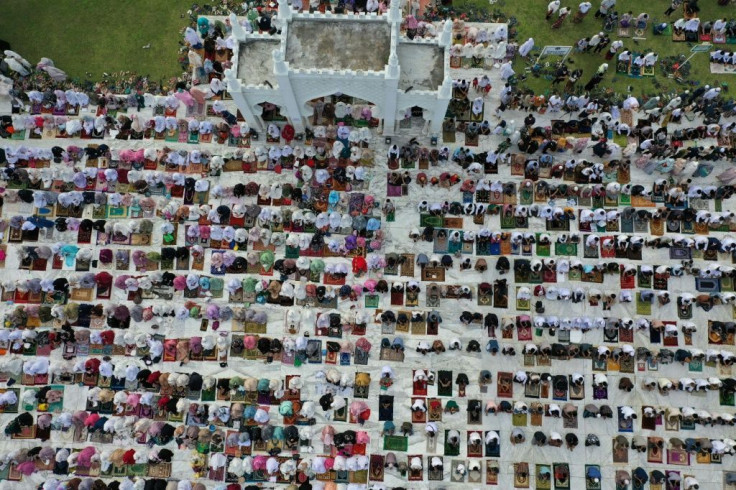
Indonesia has recently been overtaking India and Brazil as a global Covid-19 hotspot and its daily death toll hit a record of 1,338 on Monday.
Authorities have banned large crowds, including at traditional events that feature the sacrifice of livestock, and urged the public not to gather for acts of religious worship.
In the capital Jakarta and elsewhere, some heeded an official request not to go inside mosques but instead gathered to pray on nearby roads, while residents in Bandung laid out their prayer mats in alleyways.
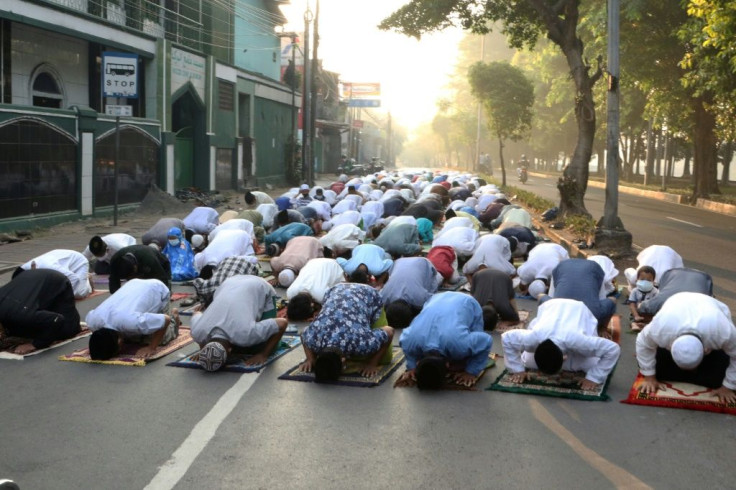
Jakarta's Istiqlal mosque, the biggest in Southeast Asia, was shut, but thousands in Banda Aceh on Sumatra island assembled outside the Baiturrahman Grand Mosque, where vendors hawked animal-shaped balloons.
Checkpoints have been set up on roads across Java and domestic flights are subject to tighter restrictions to curb travel.
"I usually get together with family for a meal at Eid," said Pringgo Trikusumo, who lives near Jakarta.
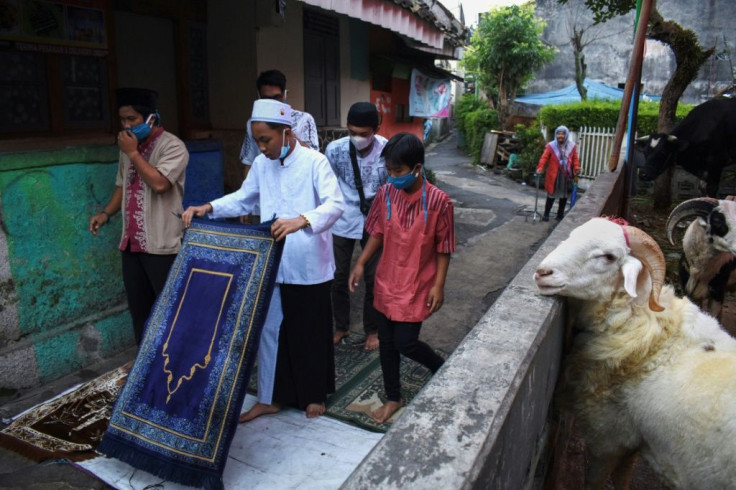
"But this year is very different. I'm not seeing relatives and I can't go anywhere."
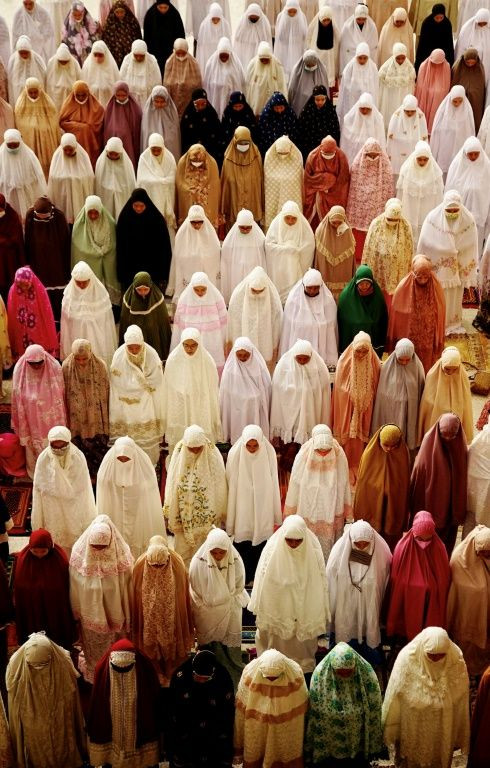
President Joko Widodo appealed to Muslims to pray at home rather than risk infection at public gatherings.
"In the midst of the pandemic, we need to be willing to sacrifice even more," he said in a Monday television address.
"Put the interests of the community and others first."
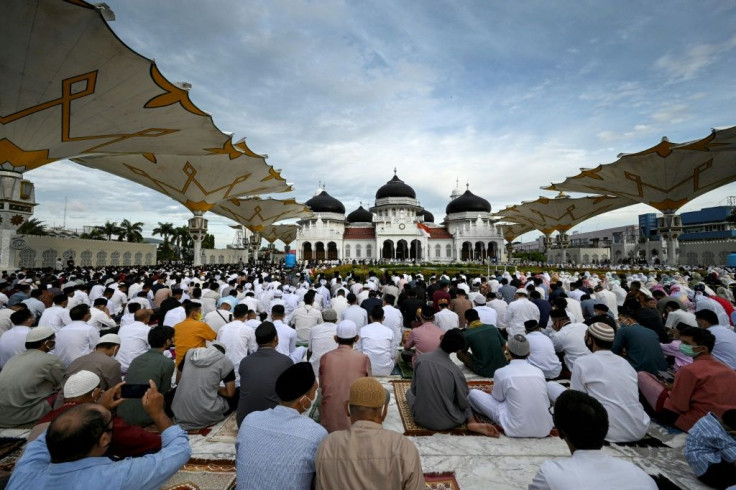
Virus cases had shot up after millions travelled across the vast archipelago of nearly 270 million people at the end of the holy fasting month of Ramadan in May.
Currently, cases have been topping 50,000 daily, around 10 times the figure in early June.
The neighbouring Philippines has warned of a looming case explosion after it detected the Delta variant, while Thailand on Tuesday placed more than 12 million people under a partial, two-week lockdown.
Singapore, which has avoided the worst of the pandemic, said Tuesday it would limit the size of gatherings and ban dining in restaurants after a spike in locally transmitted cases linked to karaoke bars and a fishing port.
About a third of Vietnam's 100 million people were put under stay-home orders Monday.
In Indonesia, religious officials Tuesday moved to limit crowds watching the slaughtering of livestock -- a key tradition of Eid al-Adha -- and some mosques offered the chance to watch the sacrifice online.
The government in early July ushered in tighter curbs that shut down malls, parks and dining in restaurants in the capital, across Java and on holiday island Bali.
The restrictions were set to end Tuesday, but Jakarta said it was mulling an extension.
Indonesia's surge has overwhelmed hospitals in the worst-hit areas and sparked oxygen shortages.
Patients have been turned away by medical staff or treated in makeshift tents in hospital parking lots as more and more of the sick die at home.
Local health workers and even volunteers are carrying out the grim task of picking up victims, while graveyard workers clock punishing hours to bury the soaring number of dead.
One virus victim in the West Java town of Garut was carried out of his living room in an orange body bag.
"The victim's older sister is in hospital and his younger brother already passed away (from Covid) so he was here all alone," community leader Iwan told AFP.
Indonesia has recorded more than 2.9 million cases and 76,200 deaths but experts believe the true figure is far higher.
© Copyright AFP 2024. All rights reserved.





















